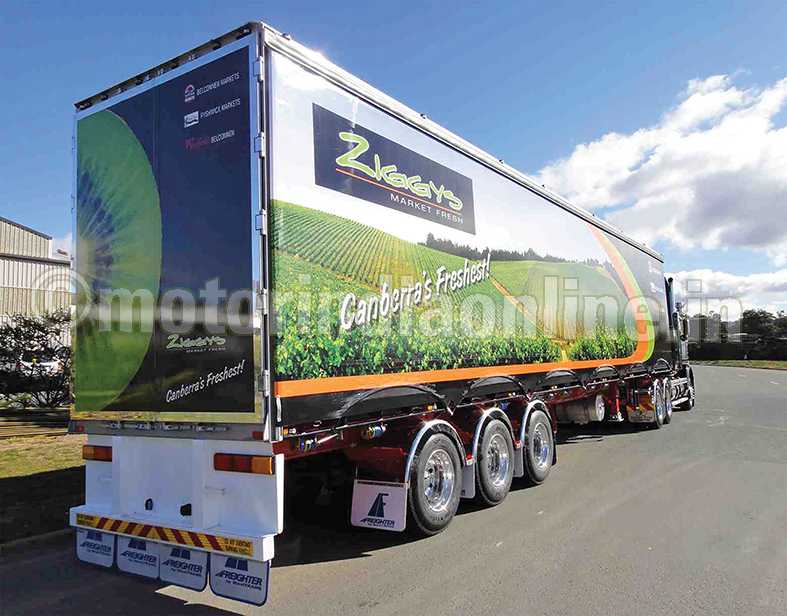Growing nations have to spend a lot on new cost-effective technology
International experts gathered in London recently for the launch of an initiative to save millions of tonnes of wasted food, cut unnecessary carbon emissions, reduce toxic air pollution and create thousands of engineering jobs in Britain and overseas based on the UK technology.
The ‘cold economy’ is a radically new zero-emission approach to the way we provide cooling in all its forms: air-conditioning, data centres, superconducting technologies and the ‘cold chain’ of refrigerated vehicles and warehouses essential for preserving food from farm to fork.
By 2030, global demand for cold is projected to increase by 340 GW or three times the current power output of Brazil, which, if satisfied using current technologies, would cause carbon emissions of over two billion tonnes and appalling levels of urban air pollution. The cold economy is about providing low-carbon, zero-emission cooling by integrating renewable energy with liquid air power and cooling technologies, and by recycling vast amounts of cold that currently go waste.
The two-day gathering, organised by the Liquid Air Energy Network and hosted by the Institution of Mechanical Engineers (IMechE) on June 30 and July 1, was timed to coincide with the publication of a ground-breaking new IMechE report, A Tank of Cold: Cleantech Leapfrog to a More Food Secure World. The report explains how in developing countries up to 50 per cent of perishable food rots before ever reaching a plate because cold chains are rudimentary or non-existent. Where cold chains are developing – in megacities such as Beijing and Delhi – they are powered by highly polluting diesel transport refrigeration units (TRUs) which contribute to chronic and toxic smog. Outdoor pollution has caused 600,000 premature deaths in India in a single year.
The cold economy would allow developing countries to leapfrog to a more sustainable system based on liquid air power and cooling technologies, which would both alleviate hunger and also be cost-effective.
“One in eight people on the planet goes to bed hungry every night. That shocking fact is made worse when you consider that a third to a half of the food produced globally is never eaten. If developing countries had the same level of refrigeration as is typical in the developed economies they could save around a quarter of the annual food wastage arising from these countries,” said Dr. Tim Fox, Head of Energy and Environment for IMechE, who led the report. “What’s even more encouraging is that it would often be cheaper to run the clean renewables based liquid air technology than the polluting diesel one.”
Developing a cold economy would call on skills in cryogenics and mechanical engineering in which Britain is a world leader. Liquid air technologies rely on piston engines, of which Britain exported 1.6 million in 2012, while the UK cryogenics industry, based largely in Oxfordshire, has a combined turnover of ú2 billion.
A report published earlier this month by the Liquid Air Energy Network, Liquid Air on the Highway, found that UK exports of liquid air engines could rise to 173,000 by 2025, which would create or maintain a further 2,100 jobs. But this analysis was based largely on sales to developed economies.
“On the evidence of the workshops held at the Summit, demand for liquid air technologies from developing countries would far outweigh the demand from within the UK, which could mean even more British jobs”, said Toby Peters, Chief Executive of the Dearman Engine Company. Government officials in India have estimated the country needs to invest more than $15 billion on cold chain infrastructure. The same challenge faces China and the developing African economies.
The Summit culminated with a plenary session at the Institution of Mechanical Engineers where delegates, including government officials from India, Malaysia and Tanzania, multinationals and academics, charted the next steps towards creation of a cold economy.
